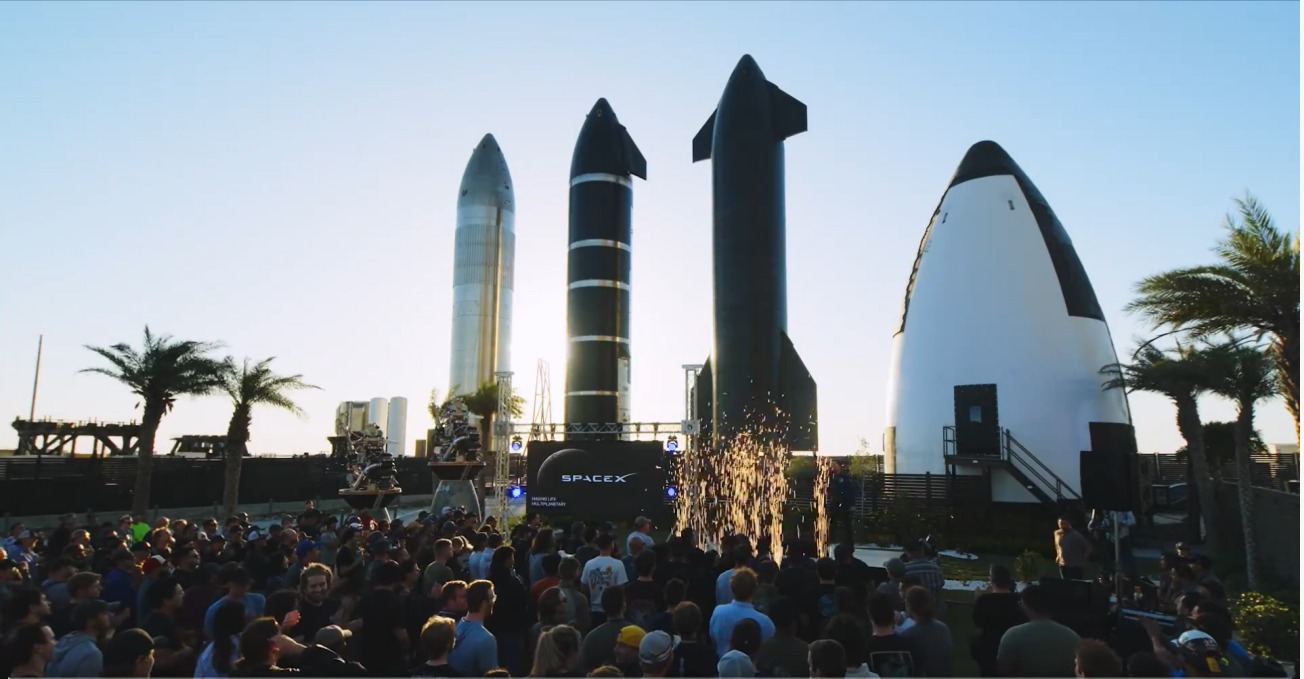OPED By Vaishali Basu Sharma
Prime Minister Narendra Modi’s government has notified amendments to the foreign direct investment policy in the space sector to attract offshore investors in satellite manufacturing and satellite launch vehicles segments.
This announcement came days before Tesla and SpaceX chief Elon Musk’s planned visit to India on April 21-22. However, citing obligations, Musk has postponed his trip to India, saying he aims to reschedule the visit for later this year.
Earlier in February this year, the government eased Foreign Direct Investment (FDI) norms in the space sector to attract overseas players and private companies to the segment.
Thereafter a gazette notification dated April 16, announced the amendment made in the FDI policy for space sector prescribing liberalised entry route and providing clarity for FDI in satellites, launch vehicles and associated systems or subsystems, creation of spaceports for launching and receiving Spacecraft and manufacturing of space-related components and systems.
Musk’s Starlink is expected to receive a go-ahead from India’s Ministry of Home Affairs, which has already granted an in-principle approval to the company for satellite communications service in India.
A satellite constellation owned by SpaceX, Starlink provides internet coverage to over 70 countries from low earth orbit and aims to provide global mobile broadband.
Founders of space technology startups such as Agnikula Cosmos, Bellatrix Aerospace, Skyroot Aerospace, Dhruva Space, Pixxel, SatSure, and Digantara are involved in discussions with the government on issues related to servicing the Indian market through Starlink.
The Indian government is increasingly encouraging the private sector to become more involved in space. Tech startups Pixxel and Digantara, which are working towards providing satellite services to defense agencies on a global scale, have in the past used SpaceX’s rockets to launch their satellites. Last year, Digantara launched its Pushan Alpha mission, a testbed to evaluate space weather, on SpaceX’s Falcon 9 rocket.
As the prospects and economics of colonizing the solar system improve, the strategic considerations that previously drove the space race have yielded to commercial intent. In line with the vision and strategy under the Indian Space Policy 2023, under the amended norms, FDI up to 49 percent is allowed for launch vehicles and associated systems or subsystems.
Creation of Spaceports for launching and receiving spacecraft is under the automatic route, but beyond 49 percent, government permission would be required. 100 percent FDI is allowed for the manufacturing of components and systems/ sub-systems for satellites, ground segments, and user segments without government permission.
The Indian government’s decision to open the space industry to private participation is inspired in part by the transformative impact of Musk’s initiatives in the United States.
In recent breakthroughs, SpaceX rockets have powered NASA’s latest mission to the moon with the ultimate aim of mining it, and trials of reusable rockets have reached a stage where they can seriously lower the cost of placing satellites in Earth’s orbit.
As a part of the US Department of State’s International Visitor Leadership Programme, a group of startup executives and Indian Space Research Organisation (ISRO) officials visited SpaceX’s facilities in Hawthorne, California, last month.
Emphasized the potential for enhanced collaboration between Indian space entities and Musk’s ventures, in an interview with ANI, Director General of the Indian Space Association, Lt Gen Anil Kumar Bhatt (Retd) explained, “As you know, the stalk of connectivity in India, but large parts of India are not connected by broadband, and they are denied many of the privileges today which broadband communication gives be it Andaman, be it borders like Leh and Ladakh, some portion of the country in central India, where the cost of sending fiber or having terrestrial communication is very high. The best means of communication is by satellite communication and Starlink and like I said OneWeb because they are already there, they are the people who are providing the services to Indian users.”
In another breakthrough in the space arena, Vijayawada-born Gopichand Thotakura has been selected to be among the six crew members of the upcoming New Shepard mission of Amazon founder Jeff Bezos’s space company Blue Origin. Since wing commander Rakesh Sharma in 1984, Thotakura will become the nation’s first civilian astronaut and the second Indian citizen in space.

Addressing the ‘Indian Defspace Symposium, 2024’ in New Delhi, Chief of Naval Staff Admiral R Hari Kumar said that despite the countless challenges and denial of technology, India’s scientists have shown that it can be the ‘space ace.’
He believes that India’s space sector is leading the charge at escape velocity, “With Elon Musk’s impending visit and the government of India’s announcement of the 100 percent FDI for components, systems, subsystems, and the 49 percent FDI for launch vehicles and associated systems and subsystems, it isn’t now rocket science to realize that Bharat (India) traverses the Amrit Kaal, our space sector is leading the charge at escape velocity.”
The decreased cost of space technology, i.e., production, launches of space vehicles and cargo, and greater access to satellite data and its applications, are driving a transformation in the space sector.
This is leading to the insertion of private players in the space sector, a hallmark of what is now being called the ‘new space.’ Because the insertion of private investments in new space is a State initiative, there is unlikely to be a disjunction in the objectives for space exploration.
Indeed, the space production structures have expanded by the involvement of the private players, adding to the public budgets traditionally allocated for the sector in India.
- Vaishali Basu Sharma is a strategic and economic affairs analyst. She has worked as a consultant with the National Security Council Secretariat for nearly a decade.
- She tweets at @basu_vaishali.